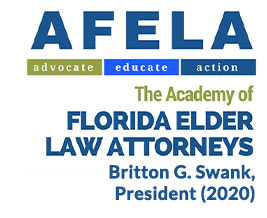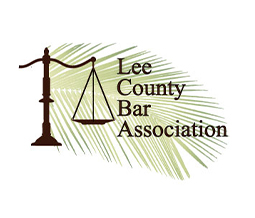Estate Planning
What is Estate Planning?
Regardless of what drives a client to meet with us, learning a client’s wishes, assets, and studying how each asset is titled, prepares us to provide the best estate planning options. A brief description of general estate planning documents is provided below.
General Estate Planning Documents
Will
Trust
Durable Power of Attorney
Health Care Surrogate
Living Will
Do Not Resuscitate Order
A do not resuscitate (DNR) order is a physician’s order signed by you (or your health care surrogate or proxy) and your doctor. It states you do not want to be resuscitated if you have a respiratory or cardiac arrest. A DNR is typically only signed for a person who is extremely ill or in a persistent vegetative state. Comfort care measures such as oxygen administration, hemorrhage control and pain management, will still be used. Florida’s DNR is a form developed by the Florida Department of Health and must be printed on yellow paper before being signed. A valid Florida DNR that is properly executed does NOT expire.
Here is a link for the Florida Department of Health for more information: http://www.floridahealth.gov/about-the-department-of-health/about-us/patient-rights-and-safety/do-not-resuscitate/index.html
Upcoming Appointment?
Do you need help with an Elder Law topic?
E-mail us at INFO@SWANKELDERLAW.COM
Swank Elder Law
The firm of Britton G. Swank, P.A. is skilled at providing legal assistance to older adults and people of all ages preparing for the future.

Our Offices
Main Office:
10175 Six Mile Cypress Parkway, Ste 4
Fort Myers, Florida 33966
Satellite Office:
By Appointment Only
702 Leeland Heights Blvd W
Lehigh Acres, Florida 33936
Call Us
239-208-3040






